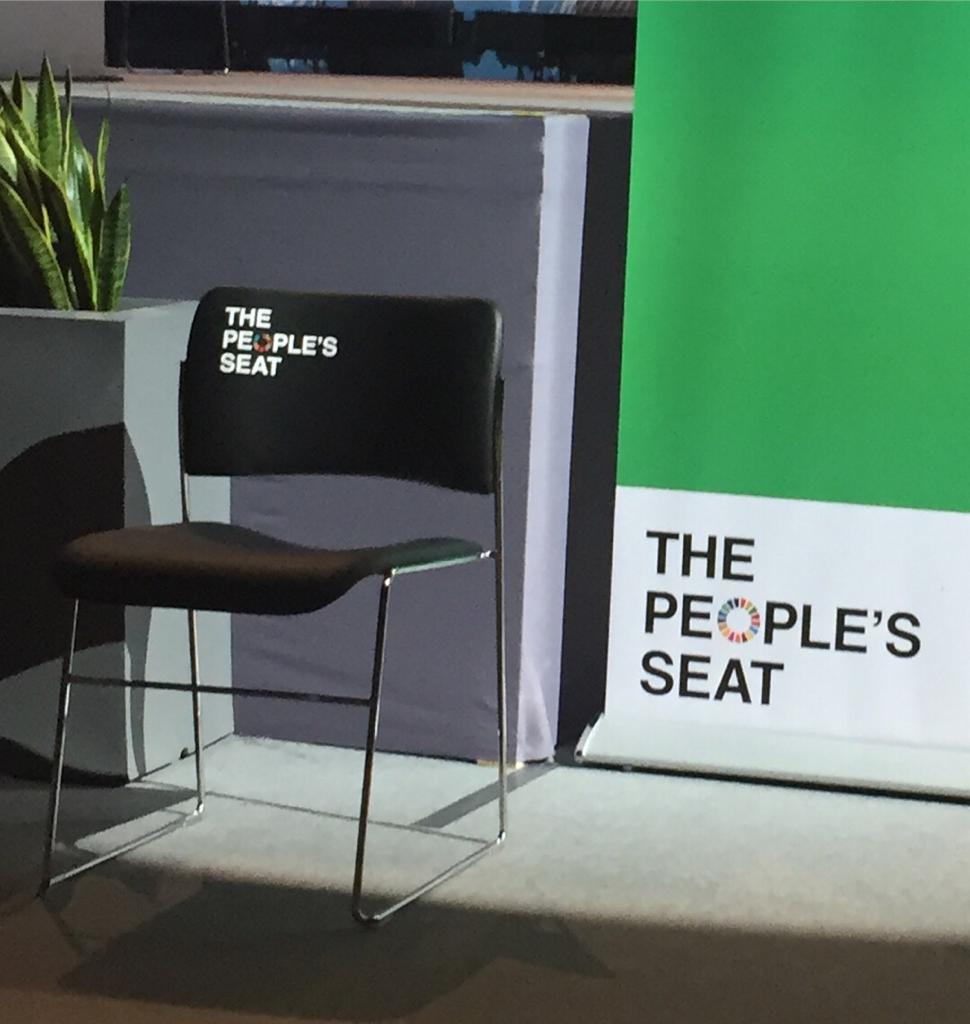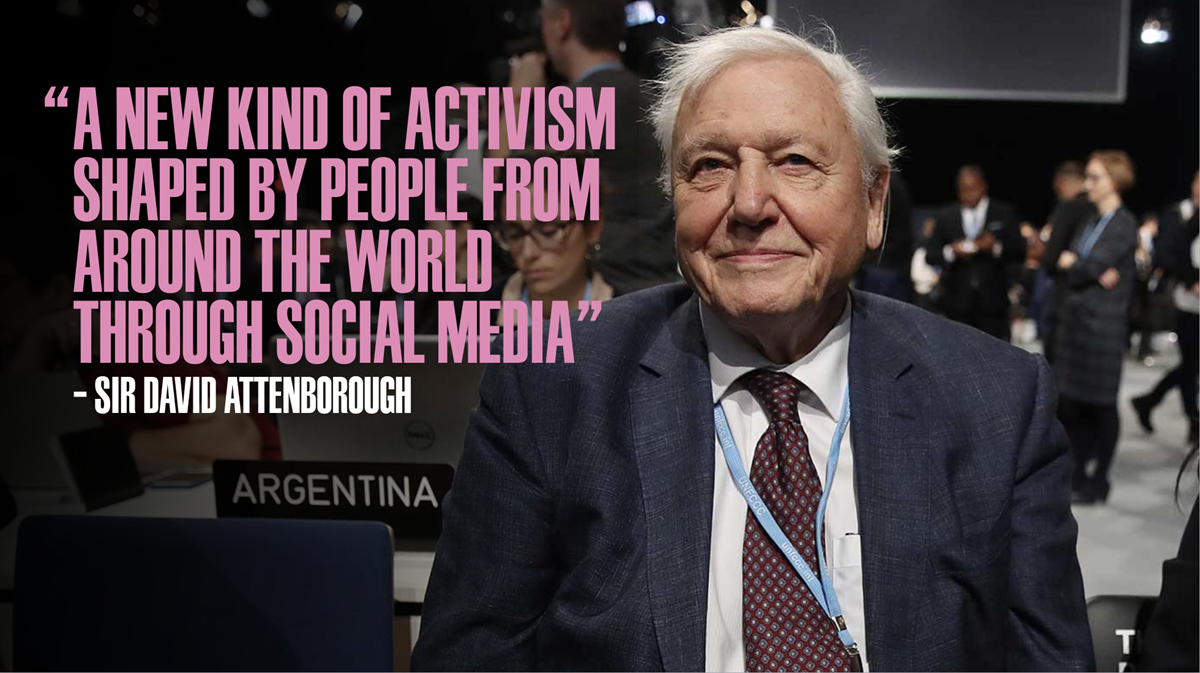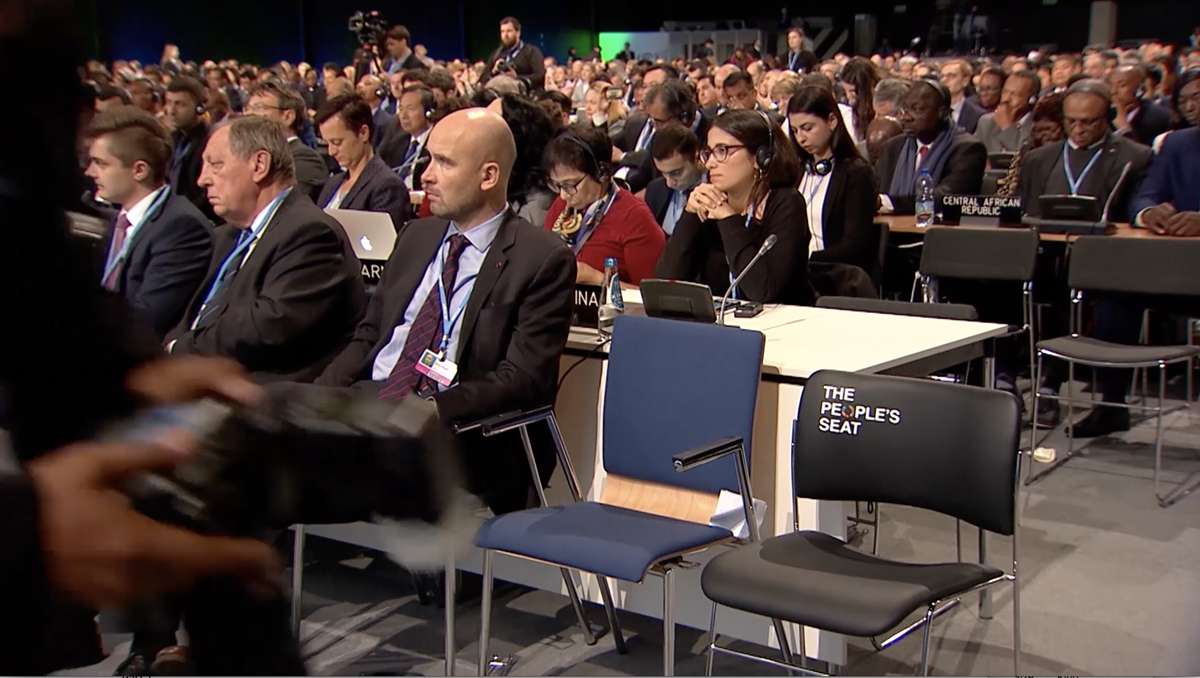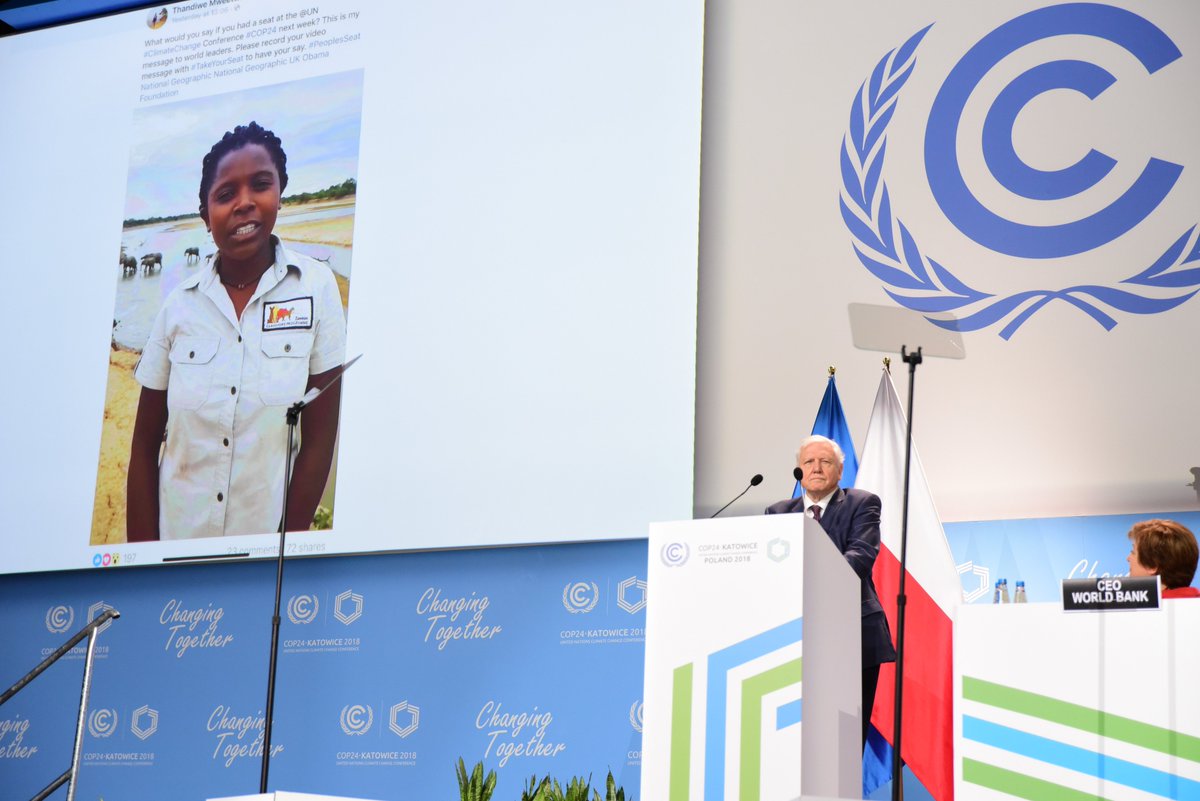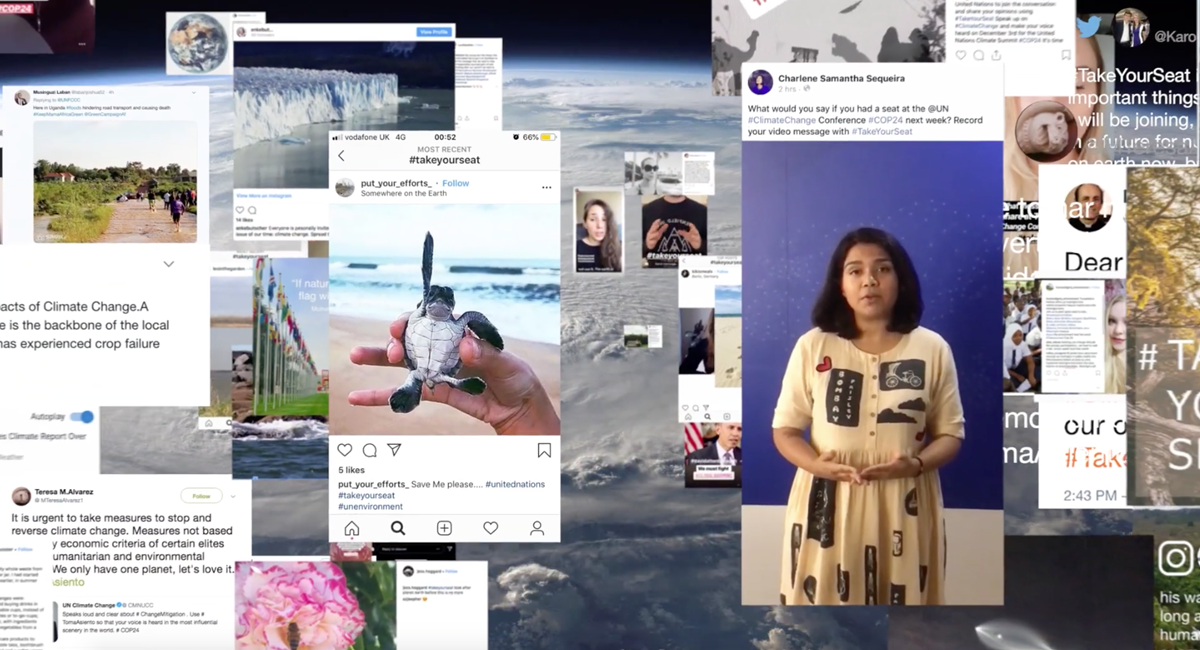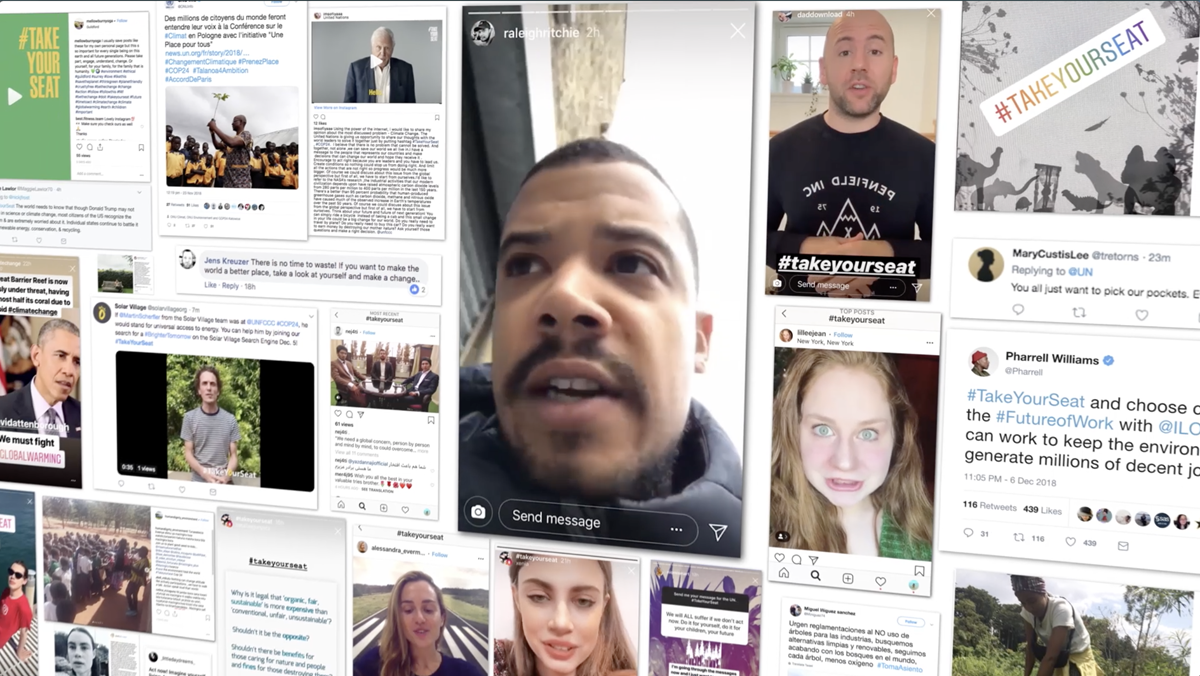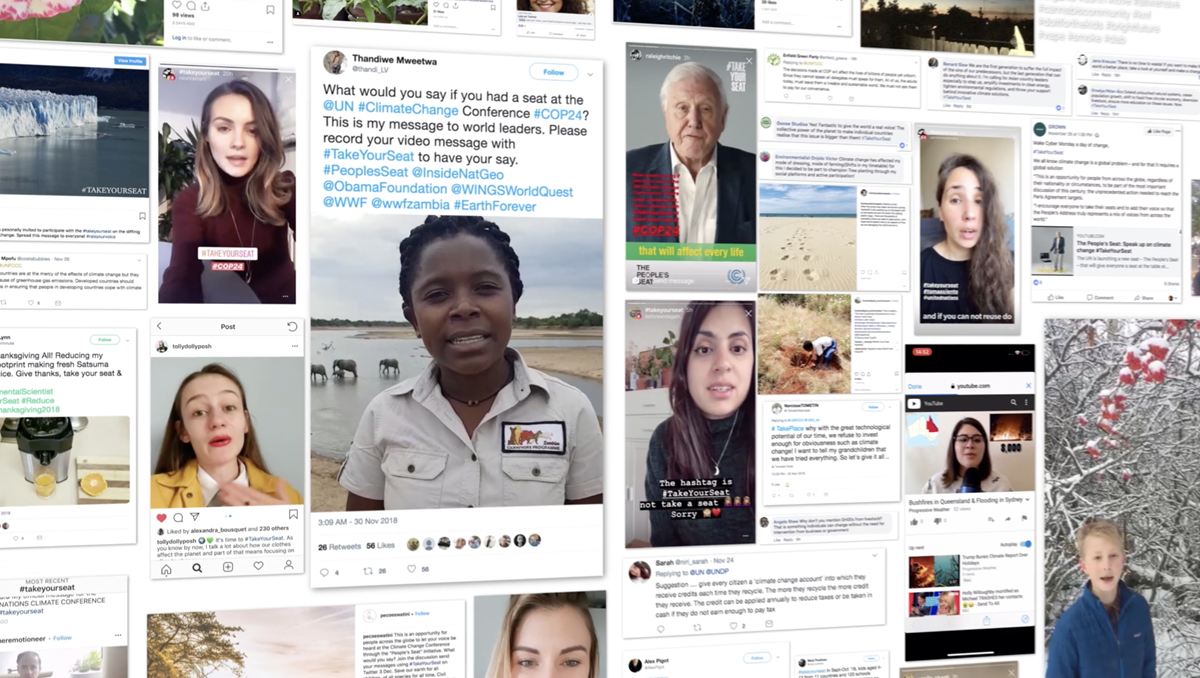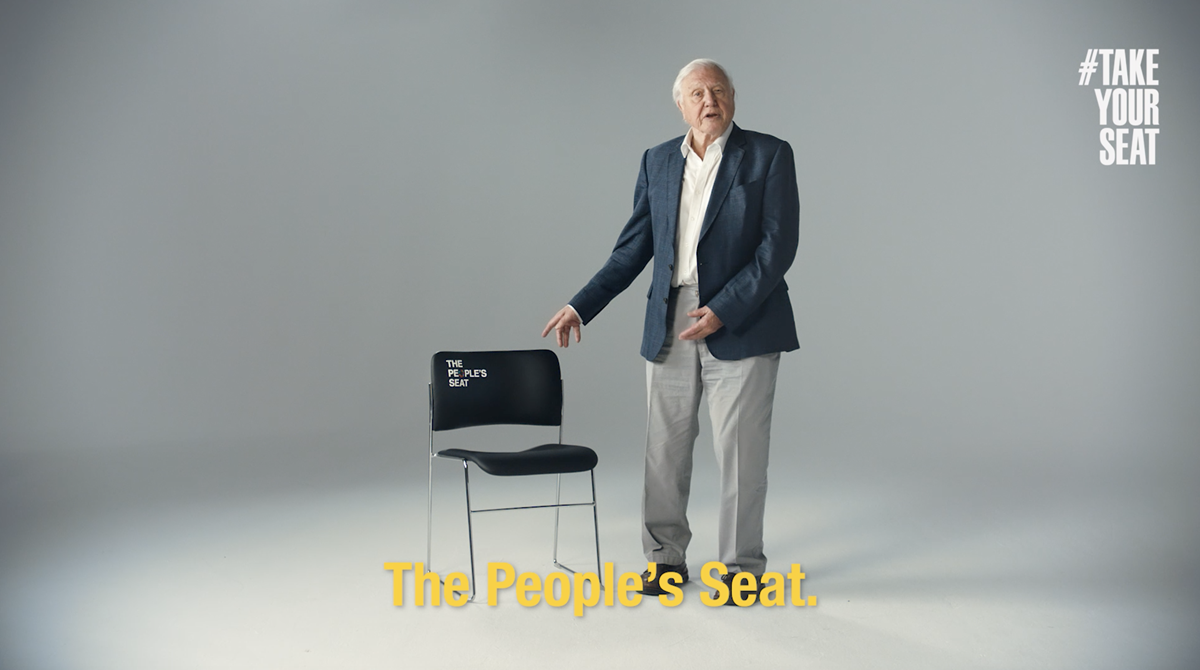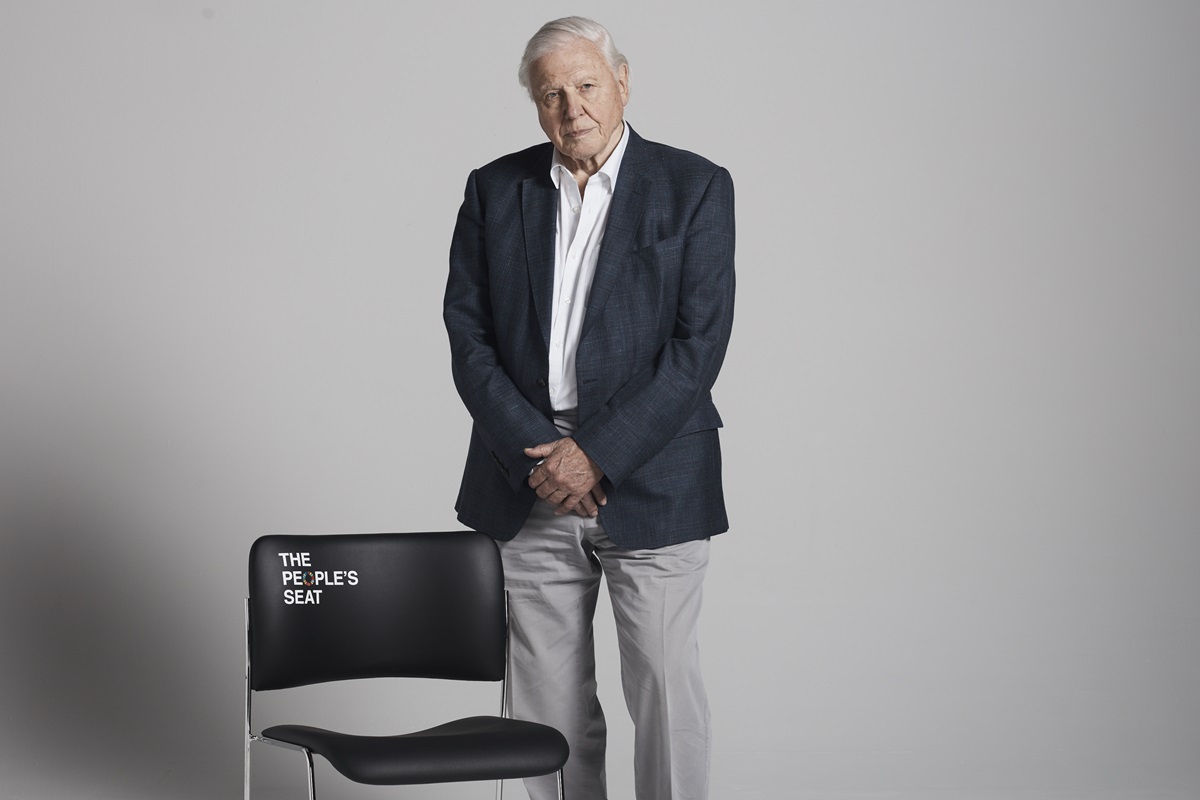Project Description
The United Nations is arguably the world’s most important international organisation and platform for change. Since its founding in 1945, its mission has been to ensure the ‘Rights, Peace and Wellbeing’ of every person on the planet. It is the only organisation responsible for brokering legislative agreements between all 193 member states and enforcing common action for social good at a global scale.
In these times of political complexity, people should feel that the UN is the most powerful organisation to make change happen. But this was not the case. In recent years, people have begun to question the UN’s relevance and impact.
There is a lack of understanding around the role the organisation plays in today’s complex and entrenched political landscape. It can feel distant, disconnected and disengaged from the lives of the people it is set up to serve.
In an age of growing grassroots and social media activism, the UN felt that it especially struggled to engage socially conscious and active citizens, particularly younger audiences, in its efforts to meet common goals.
While the UN doesn’t have any direct competitors, it is vying for support from civil society against new grassroots organisations that people are engaging with first (like Women’s March and Peoples Climate), especially on social media.
Our target audience weren’t defined by age, gender, or geography. They are united by their desire to impact social change.
OUR OBJECTIVE: increase the UN’s awareness as an active platform for change with socially conscious and active citizens
Going back through the UN’s history, we were reminded that the UN was set up at a time when people delegated their power to representatives through elections and then trusted them to make the best decisions in their name. But the digital revolution has changed how political engagement plays out today, by enabling a more dynamic form of active citizenship (eg. Avaaz, Change.org).
In this age of growing grassroots activism, our audience are highly engaged. They’re vocal online and active on the streets. We have seen a cultural shift to direct action and more outspoken communication between them and politicians on the issues they care about.
Our audience are used to sharing their opinions directly through social media platforms, sometimes with apparent immediate impact. They believe online activism is as important and effective as ‘traditional’ activism: 52% of people surveyed by Voxburner say they share articles and their opinions on current affairs via social media, while 74% agree that online activism is as important as traditional activism.
Social media has enabled direct and spontaneous input and the audience we were trying to connect with expect impact to be instantaneous.
OUR INSIGHT: Our audience want to have their voice heard on the issues that matter to them and they expect to see impact.
If the UN wanted to engage with this audience, it needed to change the way it behaved and communicated.
So how would we achieve our Objective?
“We the peoples of the United Nations”. These are the opening words of the UN Charter. A charter that puts people at the centre. A pledge to give every person in the world a voice on their future.
We needed a 21st century manifestation of “We the Peoples”.
The key to doing this was to put participation back at the centre of what the UN does.
To position the UN as an active platform for change, we had to shift them from representation to participation by putting our audience back at the centre.
This was our proposition – Help our audience reclaim the UN by giving them a place at the heart of change.
Agency Solution
One solution to the challenge could have been to build a campaign telling our audience about the
many achievements the UN has accomplished on their behalf. But if the UN wanted to be an active platform for change, it needed to change the way it communicated and engaged with this audience.
OUR CREATIVE IDEA
The People’s Seat
A new physical seat at the UN, representing the world’s people rather than a nation or a specific interest.
This seat would give people the opportunity to share their views and opinions with World Leaders at the moments in which important decisions that impact legislation are being made.
The People’s Address
A speech written by the people, crafted from their voice and raw testimonials, crowdsourced through our hashtag #TakeYourSeat.
A FIRST FOR THE UN AND THE WORLD’S PEOPLE
This was a highly controversial idea. Normally a seat at the UN comes with a vote.
We were asking the UN to break protocol. Everyone recognised it was radical idea, but the potential risk was terrifying.
This is where strategy became diplomacy. Adding a new seat to the UN took us 18 months of intense negotiation with key UN bodies, governments, member states and ultimately required final approval from the Secretary General.
After the negotiations and once we had final approval and agreement we were going to launch The People’s Seat. We needed a cause that our audience cared about and a pinnacle event to rally around.
EXECUTING THE IDEA
The cause – Climate change. One of the biggest threats facing humanity and a cause on which the UN is leading the charge. Seven of the SDG’s deliver against climate change. The UN also convened the historic 2015 Paris Agreement: the greatest example of multilateralism.
The moment – COP24. The 24th Conference of the Parties to the United Nations Framework Convention on Climate Change. In a few months’ time, World Leaders would meet in Poland to negotiate the rulebook that would put the hard won 2015 Paris Agreement into action.
To inform our creative communications and understand more about our audience’s attitudes and behaviours towards climate change, we ran an Omnibus survey with Kantar. The survey ran in the US, UK, France, Germany, Brazil, Mexico, China, India, Thailand and South Africa, with a total of 10,416 respondents.
A SPOKESPERSON FOR THE PEOPLE
We needed a spokesperson to launch The People’s Seat and deliver the first People’s Address at COP24.
This person needed to resonate with our audience, capture media attention and be an authoritative leader who could speak credibly at the UN.
Sir David Attenborough agreed to be the first spokesperson for The People’s Seat. No one has more of a right to talk about the extinction of civilisation than the man who has dedicated his life to sharing the wonder of the natural world with generations.
THE LAUNCH
Two weeks before COP24, Sir David invited our audience to have their voices heard at the UN through our launch video.
The video was shared across the UN and UNFCCC’s social media channels and by a global network of over 60 sustainability influencers – recruited pro-bono for the cause – to gather people’s inputs using #TakeYourSeat.
135,000 people took action and participated in our online polls across Instagram and Twitter and used #TakeYourSeat to submit their voice to the UN. From our audience’s submissions, we compiled an impactful and emotive two-minute film, which was presented during The People’s Seat Address.
To ensure our audience could see that their input was making an impact, we streamed the speech live from the UN’s Facebook page.
At the end of the speech, Sir David launched the UN’s ActNow.Bot, a messenger bot hosted on the UN’s Facebook page giving people simple actions that they could take to have a greater impact on climate change.
